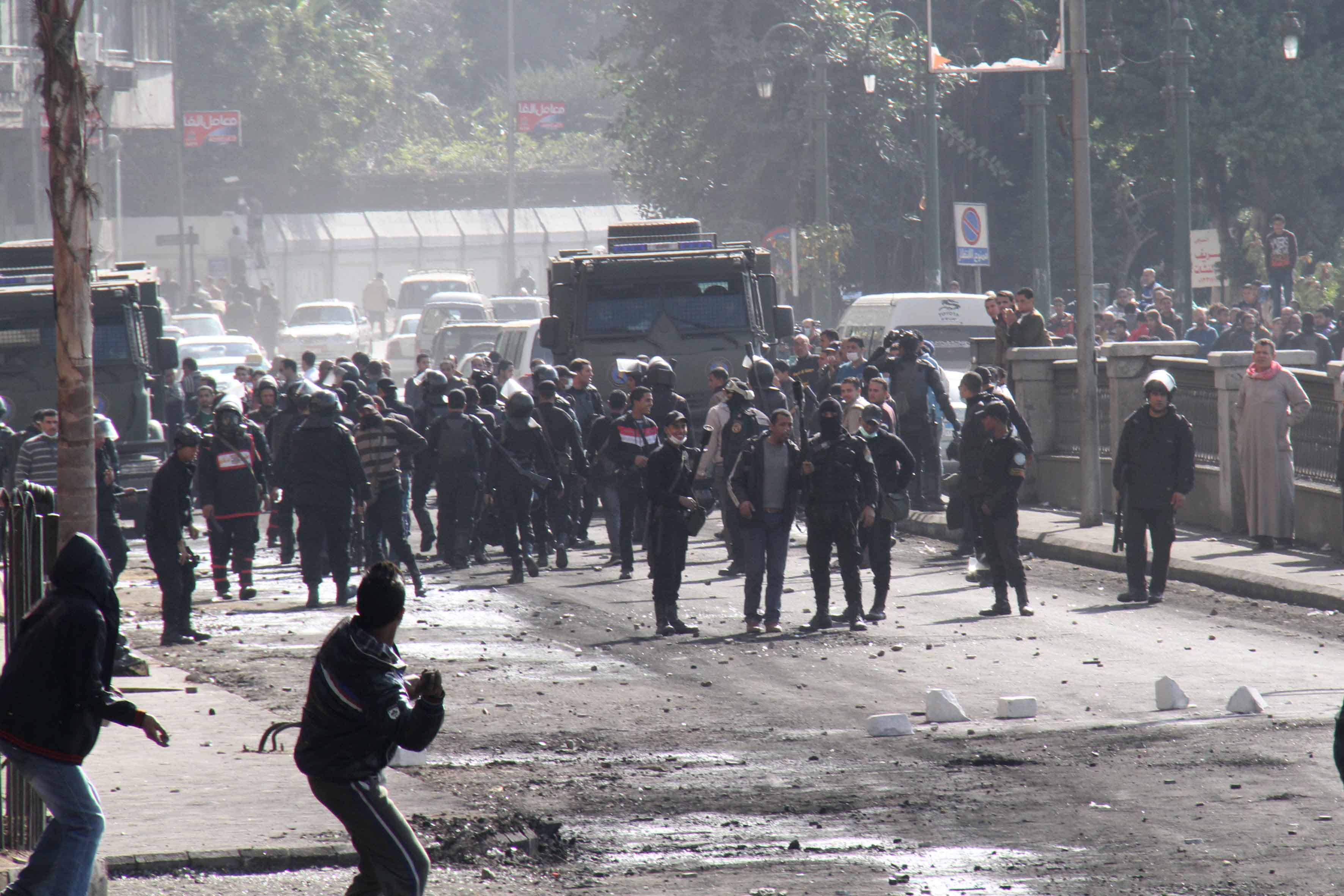
(AFP Photo)
Department of State deputy spokeswoman Marie Harf told reporters Friday that US officials have noticed a “shrinking space for dialogue, for peaceful protest, for freedom of the press” in Egypt just days ahead of the country’s second presidential elections in as many years.
“So we’ve certainly noted that the environment right now hasn’t been as open as it should be,” Harf said when asked about the possible outcome of the upcoming elections. “What we’ve said consistently is that Egypt needs a different path forward…that they need to embark on a path going forward that is more open, is more transparent, adheres to certain democratic principles, judicial principles, doesn’t lock people up just for expressing dissent.”
When asked what officials in Washington thought of the competitors in the election, Harf noted that “we don’t know what the outcome will be,” and that officials did not support “any one party or any one person or any one group.”
Strongman former minister of defence Abdel Fattah Al-Sisi, who led the army-backed 3 July ouster of former president Mohamed Morsi, is largely favoured to win the elections slated to take place the 26-27 May.
Al-Sisi’s move to oust Egypt’s first democratically elected president, the Muslim Brotherhood-backed Morsi, deeply strained Egyptian-American relations.
In November 2013, shortly after the violent dispersals of the pro-Morsi Rabaa Al-Adaweya and Nahda sit-ins, American officials decided to freeze military aid to Egypt. Law stipulates that the aid, promised in the 1978 Camp David Accords, cannot be given to a country in which a coup has taken place.
Since the sit-in dispersals, Egypt has witnessed a brutal crackdown against both Muslim Brotherhood affiliated and liberal, secular activists. At least 16,000 have been imprisoned since the 3 July ouster, while independent counts indicate at least 2,000 have been killed.


